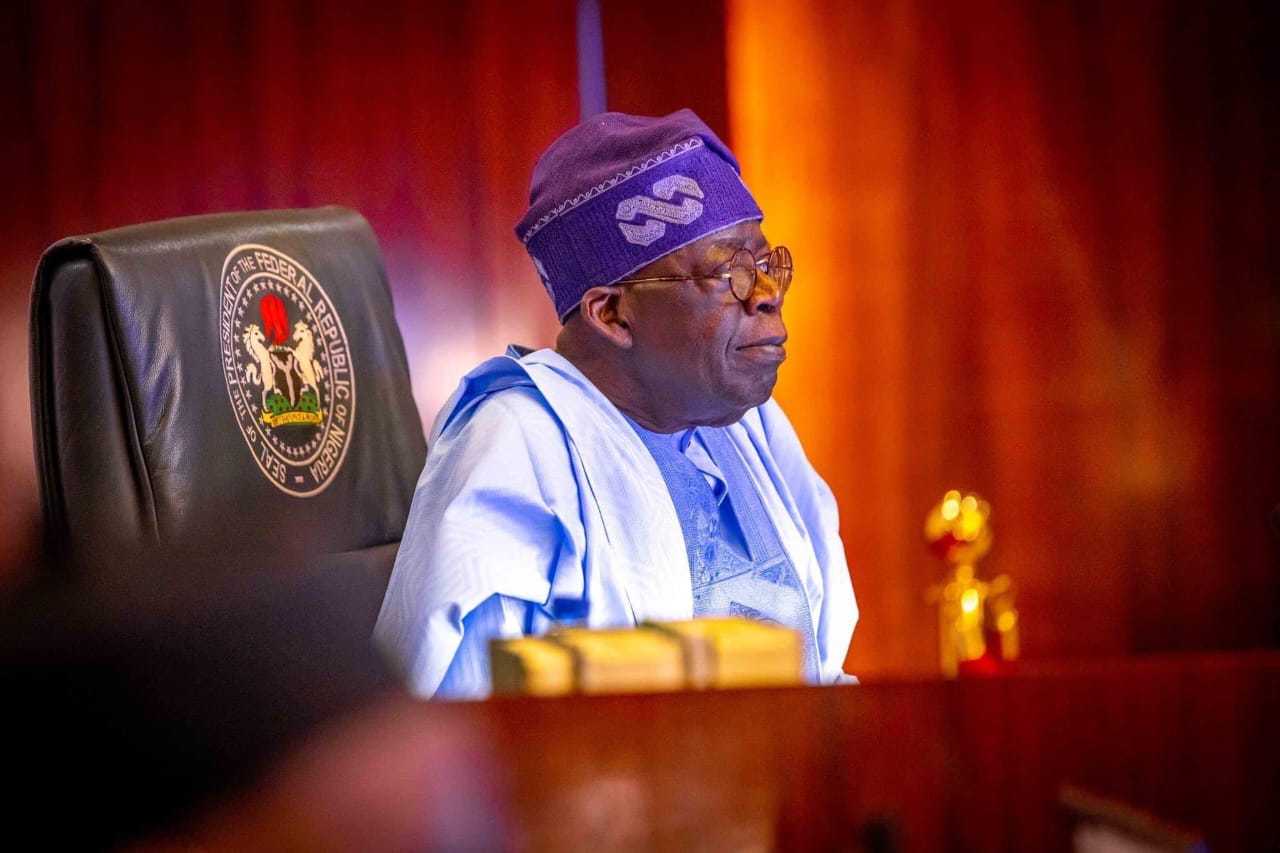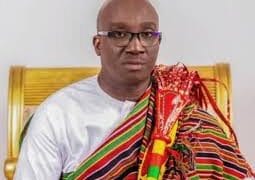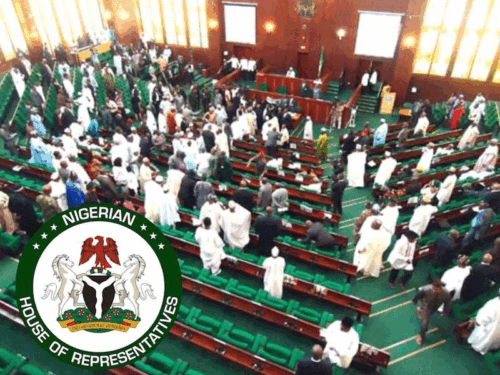The House of Representatives Committee on Environment has lamented that Nigeria has been known as a major global trafficking hub for wildlife in recent years.
The committee was of the opinion that illegal activities like poaching and smuggling are a major sabotage to the economy and called for action to stop the trend.
The Vice Chairman of the committee and member representing Kwande/Ushongo Federal Constituency in the House of Representatives, Terseer Ugbor disclosed this on Monday in Abuja while speaking at a policy dialogue on “The Endangered Species Conservation and Protection Bill 2024″.
Ugbor said the activities of poachers portend grave dangers to the nation’s economy, adding that wildlife crime also fosters corruption.
He said the proposed law aimed to address threats to biodiversity in Nigeria and across Africa by providing a consistent and strong legal framework to put an end to wildlife trafficking.
The lawmaker stressed that in doing this, it embodies recommendations made following a consultative and collaborative analysis of relevant Nigerian laws for addressing wildlife trafficking.
Ugbor stated: “Nigeria has emerged with the unenviable status as a global hub for wildlife trafficking in recent years, and continues to be considered as one.
“Nigeria must therefore act swiftly and work to reverse this negative status and threat to our beautiful country and the world.
“The passage of this legislation will mark a major milestone for global conservation efforts and Nigeria’s international image. The passage of this bill will also advance the legislative agenda of the 10th House of Representatives for Nigeria’s environmental sustainability.”
On his part, the Country Representative of the United Nations Office on Drugs and Crime, Oliver Stolpe called for a review of Nigerian legislation to provide for stiffer penalties for those involved in trafficking in endangered species.
He said the current legal framework does not meet the threshold of the serious crime definition in the UN Convention against Transnational Organized Crime.
Stolpe emphasised that pending the adoption of the Bill, Nigerian law enforcement authorities cannot fully activate the provisions of the UN Convention on Transnational Organized Crimes (UNTOC) and cooperate effectively with their counterparts in













